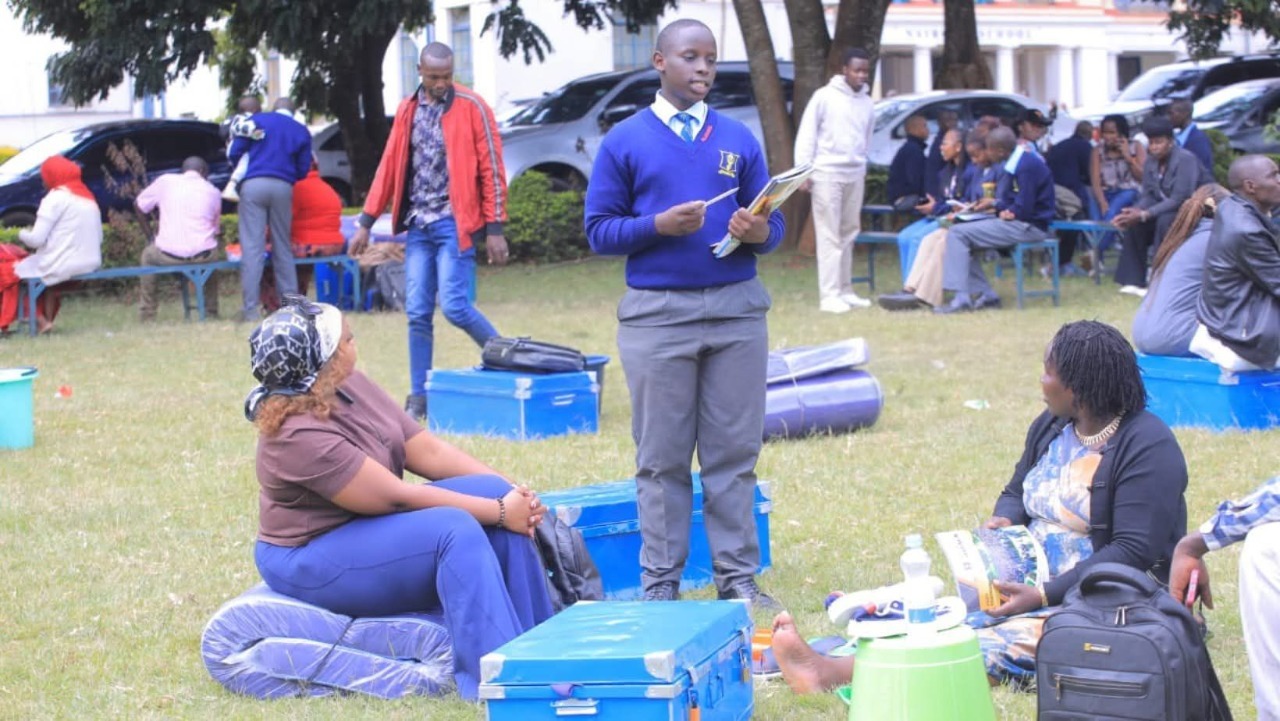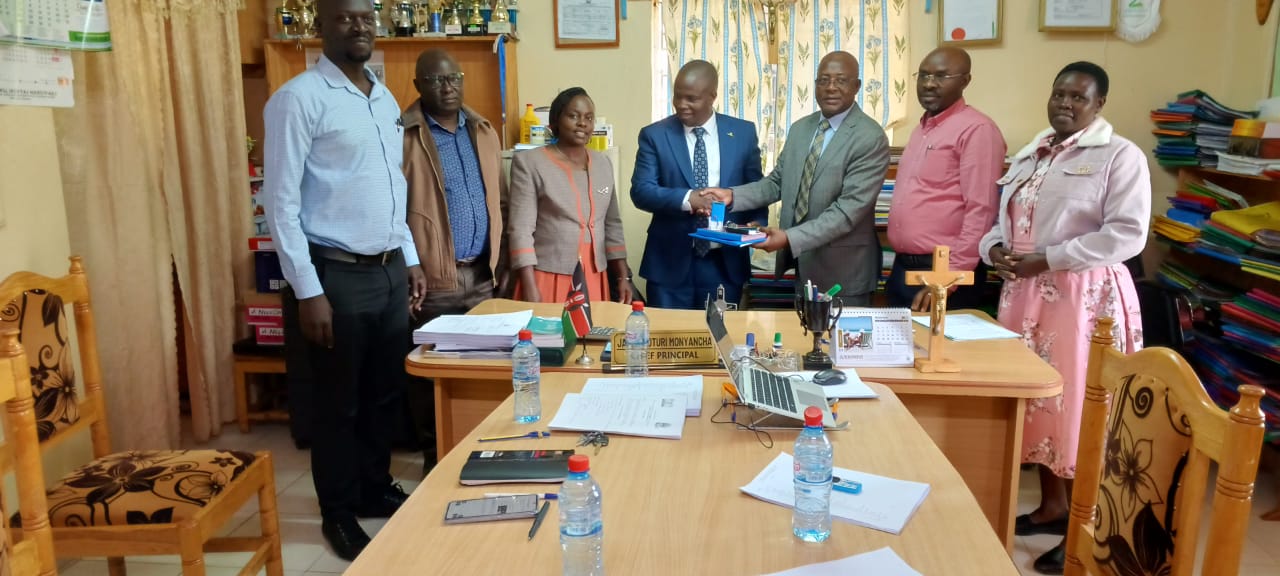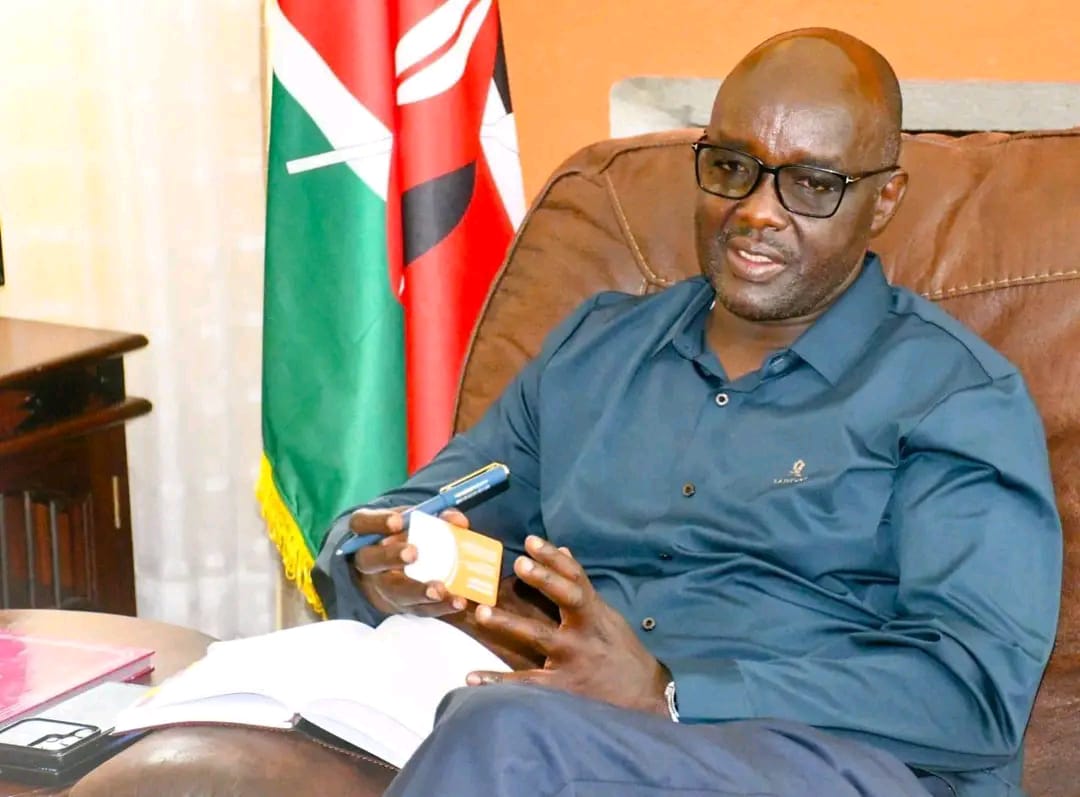Ideally, proper syllabus-coverage prepares Form 4 candidates to sit for KCSE. Albeit, timely completion of syllabus is not the be-all-and-end-all. Schools prone to Best Academic Practices strive to press best buttons to cause cogent content sink deep in Form 4 candidates.
Largely, I latch onto this good idea because when there is proper syllabus coverage, it gives teachers handling Form 4 candidates plenty of scope to introduce some wonderful ways of sealing learning gaps. In the same token, they get ample time to dot the I’s and to cross the T’s. They launch a comprehensive revision programme. How? By focusing on well-thought-out ability grouping, encouraging effective group discussions, focusing on all forms of consultation, giving guided exams, trying topical teaching, delving deep on research-based learning, focusing on guided reading, exploring subject-based contests, symposiums and hot sittings.
- Focus on well-thought-out ability grouping
Ability grouping is one of the best strategies that enhances content mastery. Actually, there are five approaches to ability grouping namely: General, subject-based, academic villages, parenting groups or family units and pairing of students.
- Encouraging effective group discussions
An effective group discussion must have a group name and a leader. Let there be targets. Formulate raft of rules and objectives to protect the group from veering off the lane like rogue road users. Group activities should include: Guided group discussions, group exams, making of marking schemes, group consultations and peer teaching.
- Focus on all forms of consultation
Useful forms of consultation include one-on-one consultation with teachers, peer consultation, class consultation and group consultation. Consultation is a stupendous strategy for both top achievers and struggling students.
READ ALSO:
Delight as Rangwe MP disburses KSh50 million bursary to needy students
- Give guided
To help candidates read particular areas, teachers should identify topics which can be tested as spelt out in the Table of Specification (ToS). Then, an exam should be set based on what students have read. This can take the format of Random Assessment Tests (RATs). Opener exams should be lifted from topics given as holiday assignments.
- Try topical teaching examinations
Topical teaching enhances content mastery. Ideally, when you want to know someone, you start with the name. Likewise, there is no way candidates can claim they have content of a particular subject yet they are bereft of knowledge of topics tested. Meaning, teachers should give candidates the giant list of topics from Form 1-4. Then, put plenty of premium on KNEC assessment areas in line with syllabus objectives.
- Delve deep on research-based learning
Candidates who show their shine and sheen in KCSE delve deep on research-based learning. After teachers have tackled a topic, students scout for questions in past KCSE papers and joint exams done by top schools. Candidates that delve deep on research-based learning walk with books, files and pens. Of course, we know there are schools where candidates only walk with plates and spoons. Interestingly, some girls love their looks more than books.
- Focus on guided reading
Reading should be scheduled per subject, and supervised by teachers. Candidates should be reminded to read their summary notes. They should read the core-course books. Teachers handling languages (English and Kiswahili) should supervise reading of the KCSE set texts. Or else, students’ responses in exams will always be replete with textual and factual errors. Candidates should be assigned to read certain topics. These topics should encompass areas pointed out by pundits in the KNEC reports, and the ones cited in the Table of Specification (ToS) – ‘a must-come-areas’.
Finally, schools can focus on subject-based contests, symposiums.
By Victor Ochieng’
The writer rolls out academic talks in schools. vochieng.90@gmail.com. 0704420232
You can also follow our social media pages on Twitter: Education News KE and Facebook: Education News Newspaper for timely updates.
>>> Click here to stay up-to-date with trending regional stories






